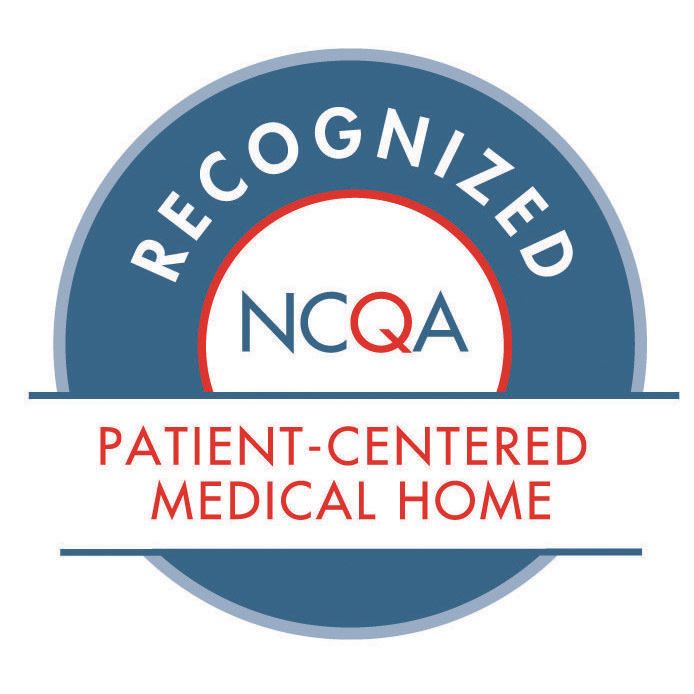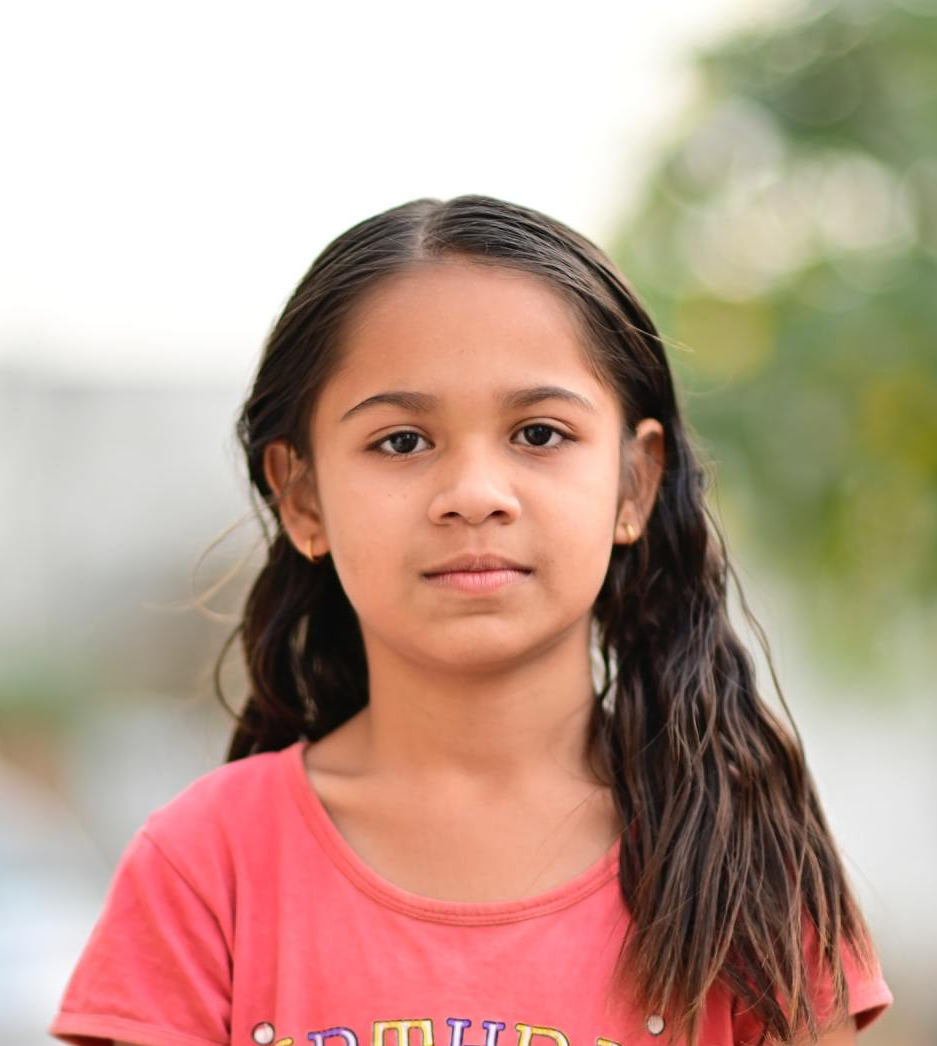WELL- CHILD VISITS AND IMMUNIZATIONS
WELL-CHILD VISITS AND IMMUNIZATIONS
A WORD ON VACCINES
The providers at Rainbow Kids Clinic want to stress the importance of the timely administration of routine childhood vaccines to prevent illness from preventable infections. Many of these diseases are still seen today. In recent years there have been community outbreaks of mumps, measles, and pertussis. Haemophilus influenzae type b (HIB) and pneumococcal disease remain, especially where lower levels of “herd immunity” are present. These outbreaks are most threatening in the first year of life. The delay in diagnosis of these illnesses (due to their relative decline) may cause permanent harm or death in a child.
- 2 to 4 days after birth
- 2 weeks
- 1 month
- 2 months
- 4 months
- 6 months
- 9 months
- 12 months
- 15 months
- 18 months
- 24 months
- Yearly from age 2 to 18
HEALTHCARE CHECKS FROM BIRTH TO AGE 18
We perform periodic well-child checks based on the AAP's recommended Periodicity Schedule to track the growth and development of each child and adolescent.
The Tennessee Department of Health has immunization requirements for those who attend child care, pre-school, and school. The requirements can be found in the Tennessee Department of Health Rules.
The state’s immunization requirements follow the current schedule published by the Centers for Disease Control and Prevention (CDC) and endorsed by the American Academy of Pediatrics (AAP) and American Academy of Family Physicians (AAFP).
Required immunizations for children attending child care, pre-school, and school must be documented on the Official Immunization Certificate.
For more information visit the link on the TN.gov website below:
CDC link for more information:
Forms, Handouts and Policies
- Vaccine Schedule
- Vaccine Refusal Policy
- Children from Birth to Six Years Old
- Children from Seven Years Old to 18
- How Vaccines Strengthen Baby's Immune System
- Growing Up With Vaccines
- HPV Vaccine for Preteens and Teens
- HPV, a Parent's Guide
- HPV + Cancer Prevention
Spanish Version Forms
- Vaccine Refusal Policy (Spanish)
- Children from birth to six years old (Spanish)
- Children from seven years old to 18 (Spanish)
- How Vaccines Strengthen Baby's Immune System (Spanish)
- HPV Vaccine for Preteens and Teens (Spanish)
- HPV, a Parent's Guide (Spanish)
HPV, HUMAN PAPILLOMAVIRUS, INFORMATION
did you know...
- HPV is short for human papillomavirus. Genital HPV is not the same as HIV or herpes. Types of HPV are called “high-risk” because they can cause cancer in both men and women.
- 90% of HPV-related cancers can be prevented by the HPV vaccine. So, with the HPV vaccine, you are essentially helping prevent cancer!
- The HPV vaccine is safe and effective. The ingredients in the HPV vaccine occur naturally in the environment, the human body, and foods. The vaccine provides close to 100% protection against infections and pre-cancers caused by certain types of HPV.
- The human papillomavirus (HPV) vaccination rates in Tennessee are among the lowest in the United States
- The HPV vaccine is strongly recommended for boys and girls. Most people in the US are exposed to HPV in their teens and early twenties, so it’s best to get the vaccine before then, (between ages 9 and 12).
- Once infected with the strains of HPV that the vaccine targets, it is too late to prevent it with a vaccine.
- Most insurance plans will cover the HPV vaccine cost, and the federal Vaccines for Children (VFC) program covers vaccine costs, including the HPV vaccine, for children and teens who don’t have insurance.
If you could prevent cancer with a vaccine, wouldn't you get it for your kids?
¿Sabías que...
- VPH es la abreviatura de virus del papiloma humano. El VPH genital no es lo mismo que el VIH o el herpes. Los tipos de VPH se denominan de "alto riesgo" porque pueden causar cáncer tanto en hombres como en mujeres.
- El 90% de los cánceres relacionados con el VPH se pueden prevenir con la vacuna contra el VPH. Por lo tanto, con la vacuna contra el VPH, ¡esencialmente estás ayudando a prevenir el cáncer!
- Las tasas de vacunación contra el VPH en Tennessee se encuentran entre las más bajas de los Estados Unidos
- La vacuna contra el VPH es segura y eficaz. Los ingredientes de la vacuna contra el VPH se producen naturalmente en el medio ambiente, el cuerpo humano y los alimentos. La vacuna proporciona una protección cercana al 100% contra infecciones y precancerígenos causados por ciertos tipos de VPH
- Una vez infectada con las cepas de VPH a las que se dirige la vacuna, es demasiado tarde para prevenirlo con una vacuna.
- La vacuna contra el VPH se recomienda encarecidamente para niños y niñas. La mayoría de las personas en los Estados Unidos están expuestas al VPH en su adolescencia y a principios de los veinte años, por lo que es mejor recibir la vacuna antes de esa fecha (entre los 9 y los 12 años).
- La mayoría de los planes de seguro cubrirán el costo de la vacuna contra el VPH, y el programa federal vacunas para niños (VFC, por sus sus) cubre los costos de la vacuna, incluida la vacuna contra el VPH, para niños y adolescentes que no tienen seguro.
Para obtener más información, visite:
- https://www.cancer.org/healthy/hpv-vaccine.html
- https://immunizetn.org/home/resources/vaccine-preventable-diseases/hpv/
- https://www.askabouthpv.org/
- https://www.cdc.gov/hpv/parents/index.html
- https://www.cdc.gov/hpv/parents/can-i-ask-you-a-question/index.html

Hours
Monday through Friday 8:00 a.m. - 5:00 p.m.
Saturday 8:00 a.m. - 12 noon
Phone lines open at 7:30 a.m. for appointments.
If there is an emergency, dial 911.
Copyright © 2023 Rainbow Kids Clinic. All Rights Reserved.





